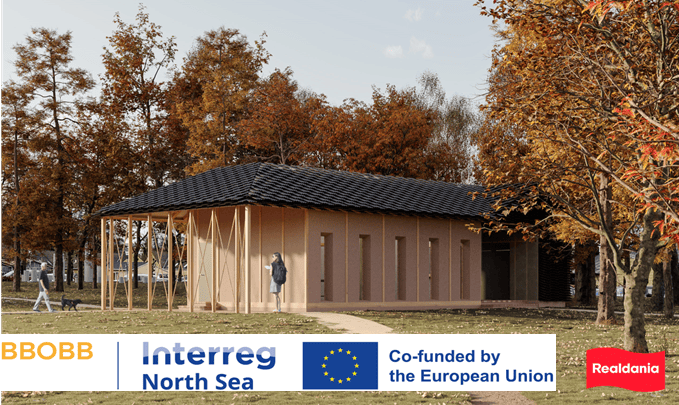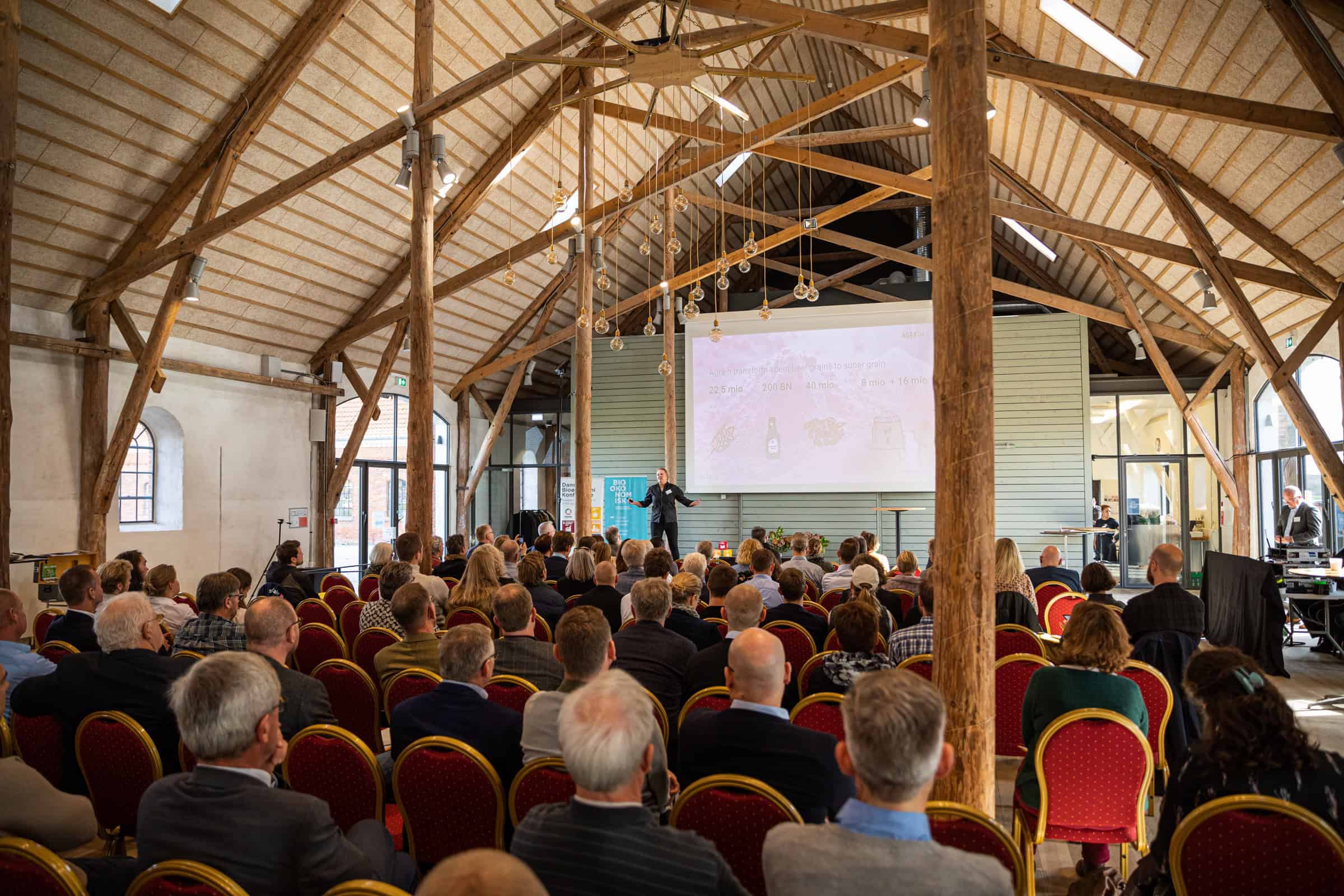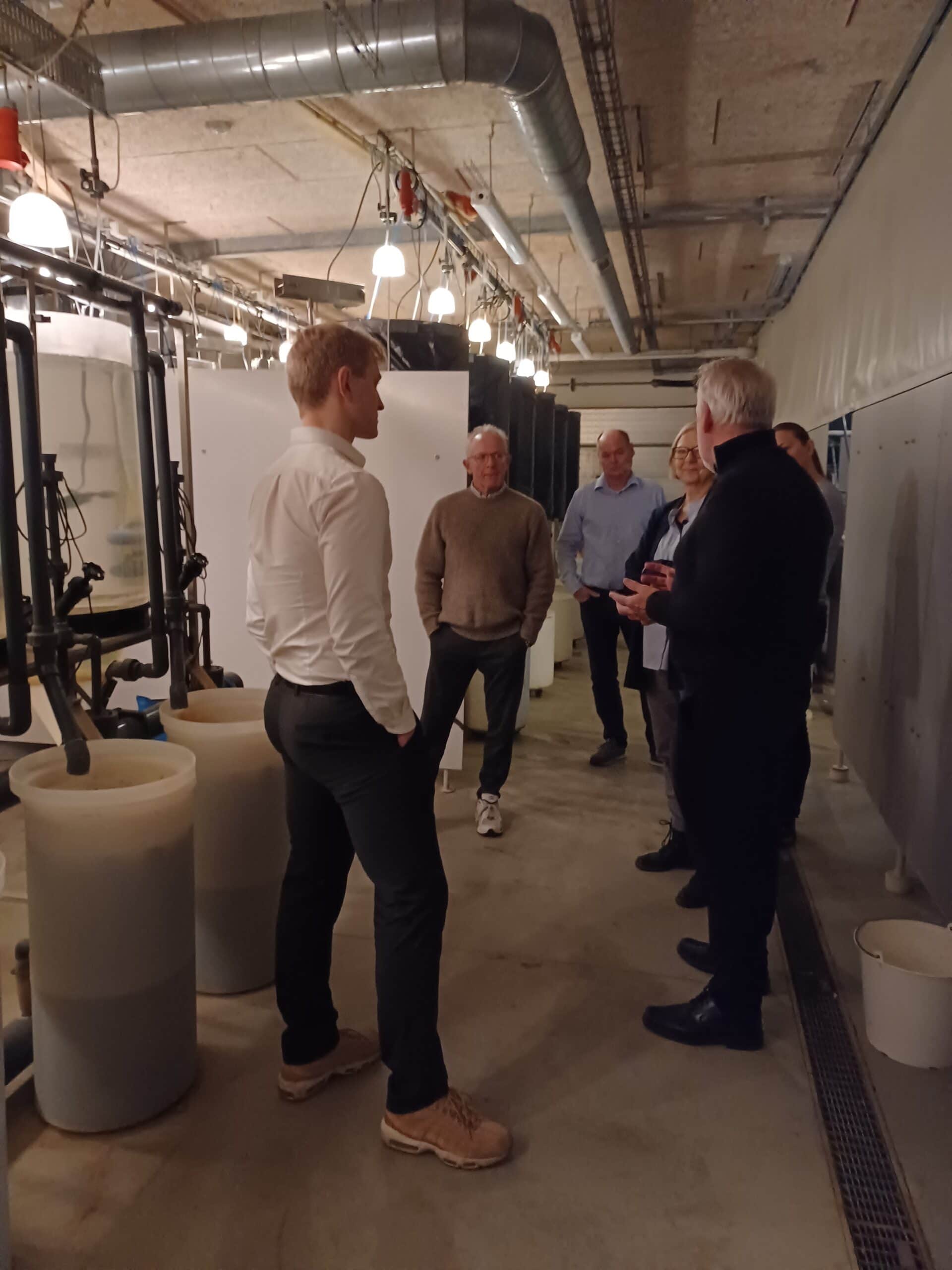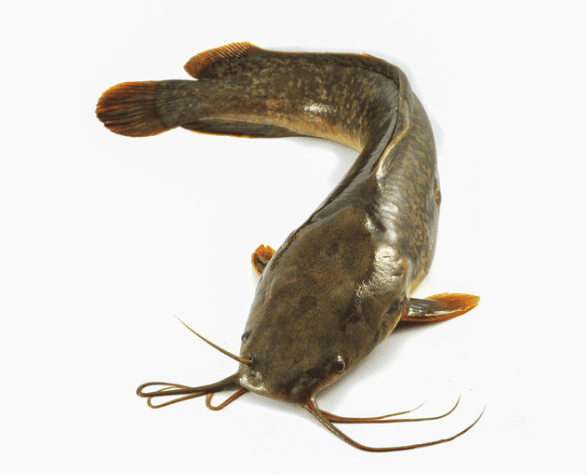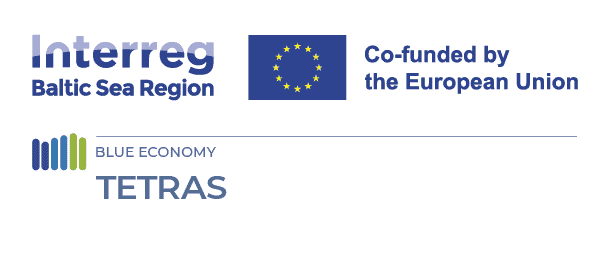
Meet our Partners: Guldborgsund Municipality
25 April 2024
Ten partners from five different countries collaborate in the TETRAS project with the common goal of improving the economic and environmental sustainability of Recirculating Aquaculture Systems (RAS) in the Baltic Sea Region. TETRAS mission? To develop tools and standards to assess and monitor RAS and promote investment, implementation, and expansion of these production systems.
Today, let’s delve into the insights of Guldborgsund Municipality.
Company/Organisation: Guldborgsund Municilapity
Country: Denmark
Interviewee(s): Hilary Karlson and Mette Jørgensen
Website: https://www.bioguldborgsund.dk/om-os
Located in the scenic landscape of rural Denmark, Guldborgsund Municipality is home to around 60.000 residents across 900 km2. Located in the South-East part of Denmark including Gedser Odde, the southernmost point of Denmark, agriculture and specialized crop production thrives here. However, attracting young families and offering appealing educational opportunities remain priorities. That’s why Guldborgsund Municipality (GBS) is supporting the change towards a green circular bioeconomy, aiming for sustainable growth and innovation in the region.
Nurturing innovation and sustainability, Guldborgsund Municipality has taken bold steps to support the development of a thriving bioeconomy. Since 2017, GBS has spearheaded the “Bio-Economy Hotspot Guldborgsund,” a dynamic initiative aimed at harnessing the potential of both blue and green biomass-based bioeconomy. This cross-sectoral task force is dedicated to unlocking new opportunities and driving business growth in the region.
By participating in various projects and programs, the Bio-Economy Hotspot cultivates knowledge that fuels green cascade production and fosters business symbiosis. Leveraging biomass from land and sea, the initiative explores diverse applications, ranging from food and feed to materials and green energy. Embracing the concept of cascade production, GBS supports the idea that residuals from one industry become valuable resources for another, promoting circularity and resource efficiency. Additionally, biogas production further enriches the bio-value chain, while the nutrients derived from digested biomass replenish the soil, completing the cycle of the circular bioeconomy.
Apart from TETRAS, the Bio-Economy Hotspot Guldborgsund is also involved in other projects like:
- AquaLoop EU Interreg South Baltic project
- Building Based on Bio Based EU Interreg North Sea project
- InertWaste EU Interreg Europe project
Now, let’s dive into a conversation with Guldborgsund Municipality to gain deeper insights into their role and contributions to the TETRAS project.
GBS as part of the TETRAS project
What was your motivation to join TETRAS?
GBS is interested in exploring the potential of land-based aquaculture in the municipality, while also recognizing the significance of limited water resources in the area. The circular utilization of nutrient-rich water from fish production for aquaponic or agricultural purposes is a crucial aspect in substantiating the sustainability of fish aquaculture for future high-value protein production in our municipality.
Can you describe the pilot involving a small-scale RAS with aquaponics that GBS is responsible for?
GBS has contemplated the necessary steps to demystify aquaculture for future stakeholders, including consumers, fish farmers, and investors. The outcome of this contemplation is a demonstration-sized pilot showcasing fully functional closed RAS equipment for African Catfish (Clarias gariepinus) production. The building housing the fish production is designed to accommodate three primary working areas. Alongside the RAS demonstration room, there is an aquaponic facility for conducting trials with plants and fish nutrient water, as well as a room dedicated to hands-on communication and teaching for pupils, students, and business stakeholders.
Why did you decide to focus your pilot on aquaculture awareness?
Currently, there are no land-based fish production facilities in our region, and establishing a successful business venture in this sector requires the entire value chain of an aquaculture facility to be engaged. The African Catfish remains relatively unknown in Denmark as a nutritious source of protein and essential fatty acids. Generating market demand for a product requires raising awareness, demystifying misconceptions, and gaining consumer acceptance. GBS aims to provide fact-based information about closed RAS fish and plant production to empower future stakeholders and consumers to make informed decisions, whether as consumers, producers, or investors.
What are the primary objectives of this pilot? And how do you envision it contributing to increasing awareness of RAS and sustainable food production systems?
The primary objectives of Pilot 4 are: to establish a working demonstration of closed RAS production of African Catfish, to showcase available RAS equipment and technology, to demonstrate plants growing in aquaponic symbiosis with fish production, and to study the resource efficiency of such an aquaponic system through life cycle assessment (LCA). Given that RAS is not yet established in our region of Denmark, we anticipate that the mere presence of the demonstration facility will spark interest and raise awareness of the technology and its sustainability. We view this as the crucial first step in building knowledge and interest in RAS capacity. Moreover, the production of fact-based materials will involve collaboration with local pupils and students.
What do you consider the main challenges related to recirculating aquaculture awareness in Guldborgsund? (education, transitioning of farmers to aquaculture, consumers, broader community)
We perceive that the primary challenge in raising awareness is the lack of local curiosity stemming from the absence of local traditions and capacities for land-based fish production.
In Denmark’s RAS industry, trout and salmon are the usual species cultured. However, for your pilot, you opted for African Catfish. Could you explain why?
We selected African Catfish for our pilot precisely because it’s not yet produced in Denmark and offers a lot of potential. The species is well-suited for RAS production, with extensive farming experience available in our neighbouring countries. Additionally, it boasts an excellent nutritional profile. Introducing this fish will pique the curiosity of pupils and students due to its unique physiology. Considering potential investors, the fish is not yet priced competitively in the Danish market.
How will the vocational school be involved in the pilot project, and what role will the students play in its implementation and operation?
The demonstration pilot will be situated within the grounds of CELF (Centre for Education Lolland-Falster) in Nykøbing F. It will serve as a hands-on learning tool for teachers and students from the Technical Gymnasium, Business College, and School of Food Education and Training. The pilot will integrate seamlessly into their regular curriculum and become the focal point for specific studies and projects.
Could you tell us about the communication campaign that will be part of the pilot’s activities?
Initially, we plan to amplify the communication of the TETRAS pilot through channels associated with the construction of the House of Hemp integrated into the North Sea Interreg project Building Based on Bio-Based (BBoBB). This aligns with an ongoing social media campaign initiated by GBS, which has already generated significant interest in the fish demonstration plans from various stakeholders within the building value chain.
As part of our TETRAS pilot activities, we aim to develop fact-based materials that can effectively communicate the intricacies of closed land-based RAS fish aquaculture in Denmark. We hope to engage CELF pupils in creating short video documentation and other informational materials about the production and its environmental profile.
What outcomes or impacts do you hope to achieve through this pilot, both in terms of student education and broader community engagement?
We aim to foster an interest in RAS fish production among future fish farmers, investors, and environmentally conscious consumers, promoting local food production that is resource-efficient and environmentally aware. Our goal is to cultivate a wider awareness of RAS fish production and nutrient cycles within the local educational curriculum.
Stay tuned for more information about Guldborgsund Municipality’s work as part of the TETRAS, as well as to learn more about our partners.
